Saving the planet, locally
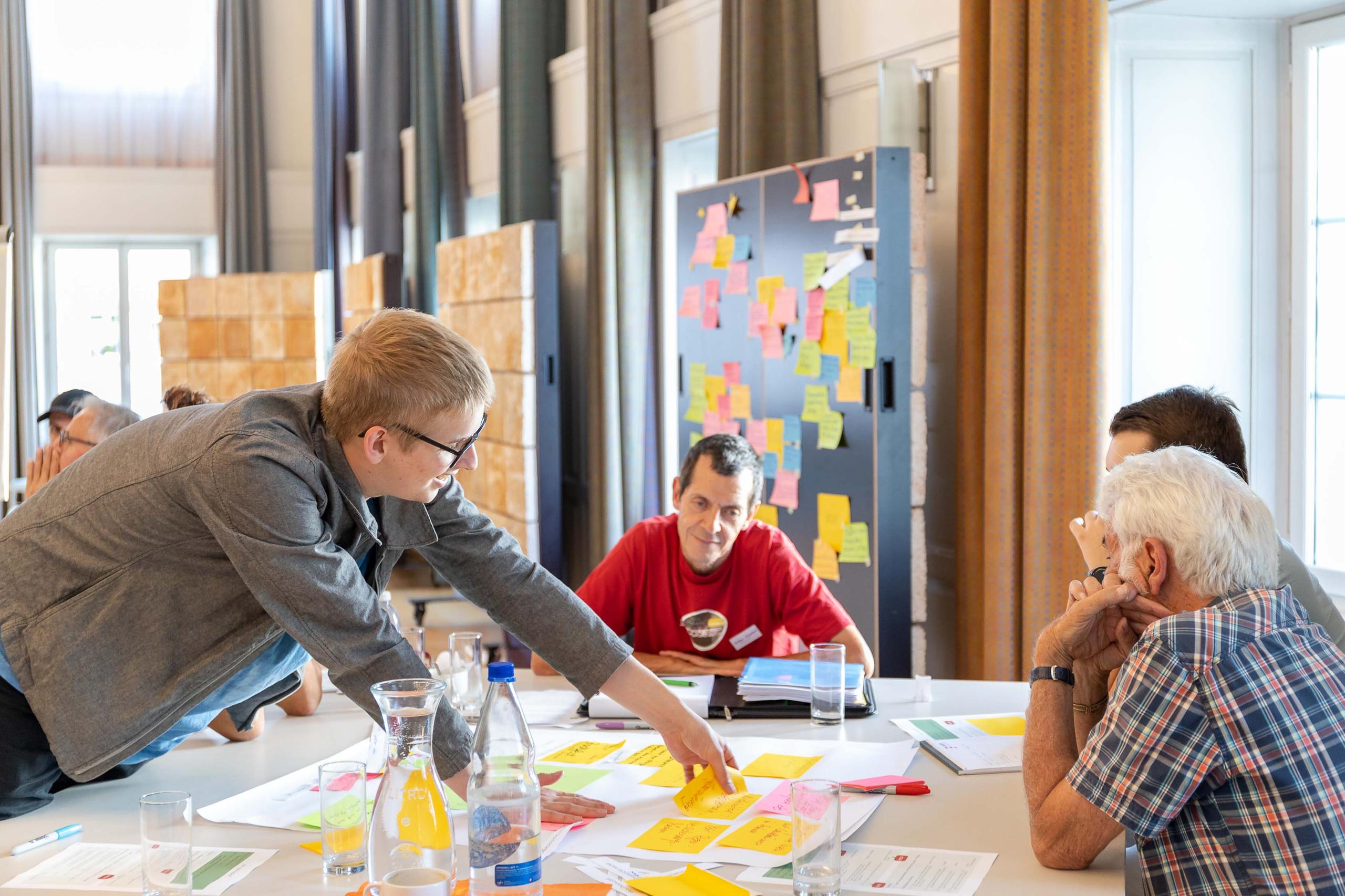
While government officials and experts from around the world at the UN COP26 summit in Glasgow are pushing for decisive progress to slow global warming, citizens in small Swiss cities are trying to find pragmatic climate solutions at the local level.
For Mirjam Javet, a piano teacher at a music school in Uster, a small town 20 kilometres southeast of Zurich, the invitation to participate in a climate citizens’ assembly came at the right time. She was one of 2,000 people drawn by lot who received a letter last spring.
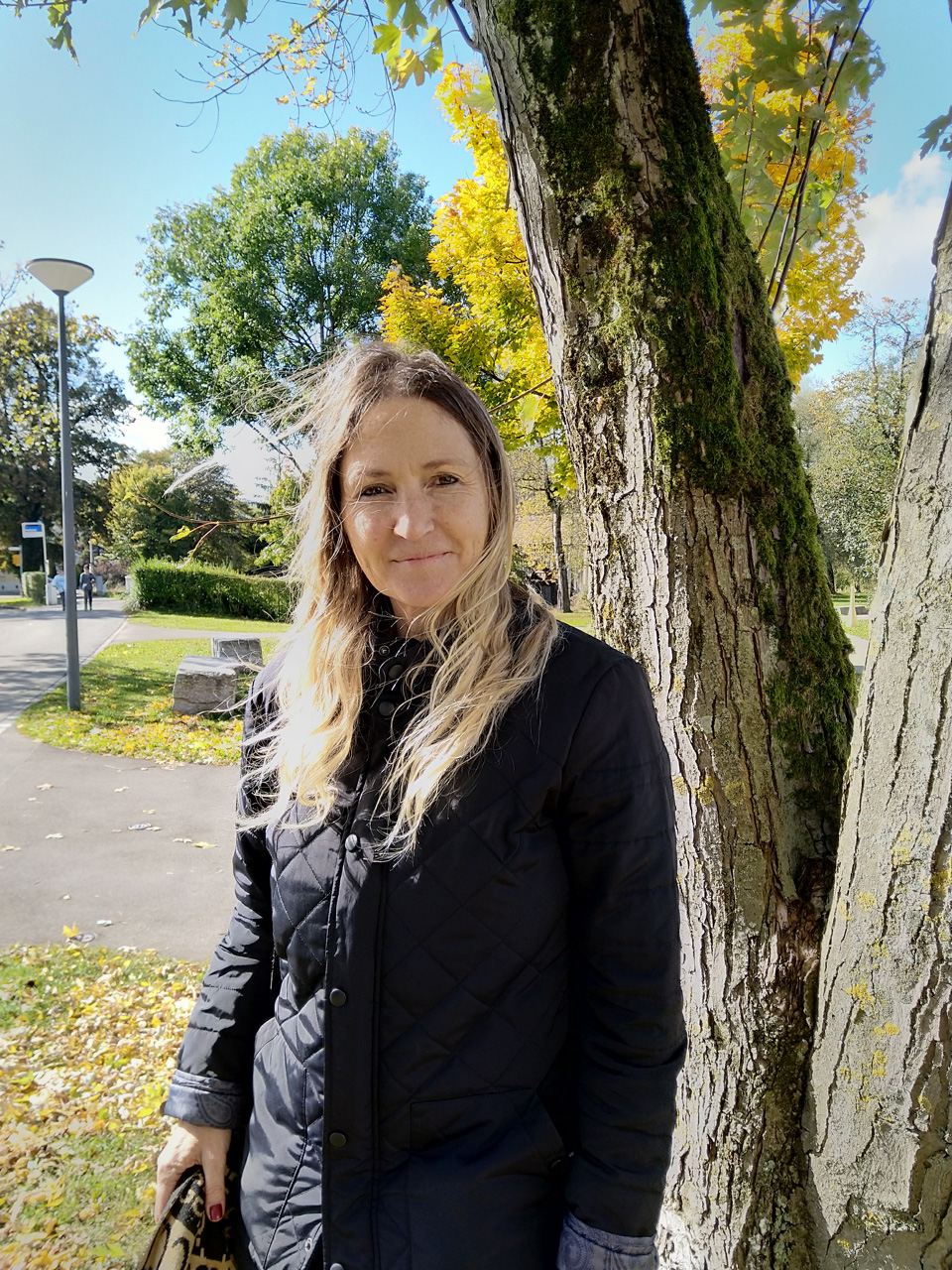
Sustainability had become a much more important issue during the coronavirus pandemic, she explains. She wanted to make an impact in some way but was not attracted to politics. “Then this letter came fluttering into the house,” she says.
The local citizens’ assembly was an initiative launched by the Uster municipality and is one of the first of its kind in Switzerland on the climate crisis. It was organised over two weekends, during which the participants produced a report with a series of practical local solutions.
The assembly is part of a global trend of local initiatives that aim to provide bottom-up feedback and realistic solutions on political and societal issues. Switzerland has already hosted similar initiatives such as the Forum Citoyen in Geneva and Demoscan in Sion.
Some citizens’ assemblies are also organised at the international level bringing in voices from around the world.
Citizens´ assemblies are currently trying to link the worldwide climate protection efforts with practical solutions. For the first time a Global Citizens´ Assembly has been organised in parallel to the COP26 UN Climate Conference in Glasgow, Scotland.
The assembly, which started work on October 7, aims to reflect global demographics: 60 of the 100 people are from Asia, 17 from Africa, half are women and 70 are people who earn $10 a day or less. All members receive financial compensation, technical and translation support. The selection process was by lottery, during which 100 points were randomly chosen on a map, taking into account land mass and population density.
The Global Assembly is run by an international coalition of over 100 civil society organisations. On November 1, it presented it’s main findings: https://globalassembly.org/declarationExternal link. It is also closely linked to the COP26 process, where participants are giving their input to world leaders. The Global Assembly receives funding from the Scottish government and the European Climate Foundation and is supported by the British authorities and the UN.
For the first time this year a global citizens´ assembly has been created alongside a United Nations climate conference. It functions on the same model as the Uster initiative and has been running since October 7.
Mobility, urban planning and waste
Javet accepted the invitation to participate in the Uster assembly as soon as she received the letter. She was drawn again in the second round. Over two weekends this autumn, she met with 19 other randomly selected local citizens to discuss climate change and what the municipality could do to mitigate and address the issue. It was a mixed group that included workers, a schoolgirl, a student and a pensioner.
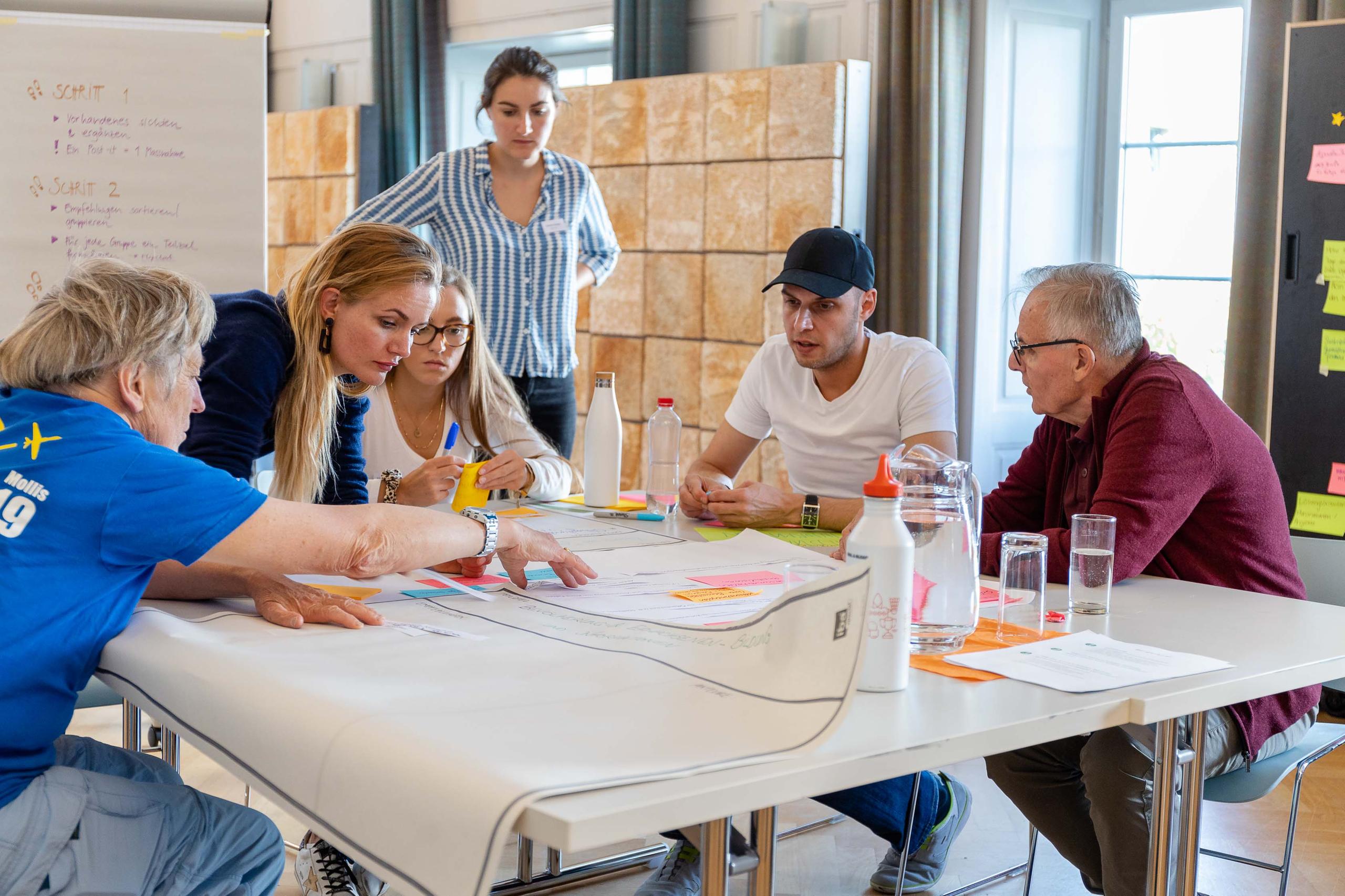
After a series of presentations by experts and representatives of the business community and the climate strike movement, the participants tackled topics such as mobility, urban planning and waste and consumption under the guidance of two moderators. The distribution of tasks between the participants was done naturally. “Some liked to write, others were happy to talk,” says Javet.
Each of the recommendations made in their 15-page final report were voted on. They were marked by the assembly either as supported “unanimously”, “by a strong majority” or by a “simple majority”. For example, sustainable building initiatives – “if possible with recycled concrete and regional raw materials”, or the greening of façades and roofs – were all approved
The introduction of a 30 km/h speed limit on all roads within the city limits, on the other hand, was met with more scepticism, with seven votes against and 13 votes in favour.
The results of the citizens’ panel are not binding, but the town is strongly committed to implementing them. In early November the members of the assembly will present their results during a public event. Local councilor Karin Fehr will then explain what the town intends to do.
Uster residents are also free to introduce the measures into the local political process via other channels such as petitions and individual initiatives.
Having a say – and listening
For Javet, the intense debate on the substantive issues was a new experience. “I was able to defend my opinion and learnt how important it is to listen,” she says. She was particularly impressed by the exchange with two young activists from the climate strike movement. The protesters have been known to cause disruption in other public debates in Switzerland.
“The word ‘strike’ doesn’t go down well,” admits Javet. But the conversation was positive and the climate protesters calmly answered every question, she says. The two weekends were also lively. “There was no sense of resignation, and the older people were not less engaged,” she says.
Political scientist Andri Heimann, who works at the Centre for Democracy in Aarau, which is part of the University of Zurich, was responsible for monitoring the Uster project. Heimann views the citizens’ assembly as a useful instrument, even in a modern direct democracy like Switzerland, where citizens can get involved through binding initiatives and referendums. “They are another form of political participation,” he says.
Discussions between members of the different groups, each drawn by lot, should be a welcome addition to the existing set of political instruments. “A citizens’ assembly makes it possible to go beyond yes-no decisions and negotiate the implementation of polarising issues,” he says.
Heimann is convinced that this form of citizen participation is particularly suitable to address the climate debate.
“The issues are complex and there are no easy solutions. You can’t solve them in your own silo anymore,” he says.
For the Uster assembly, diversity was ensured thanks to a sophisticated procedure. Heimann assured the participants had different backgrounds, including age, gender, level of education and political beliefs.

More
Swiss CO2 law defeated at the ballot box
Of the 2,000 people drawn in the first round, 129 volunteered to participate, or 6.5%. This is a low figure compared with the 10-11% participation rate of other comparable projects in Switzerland.
But Uster did well by international standards, he insists. In most citizen assemblies held around the world participation rates vary between 1-4%.
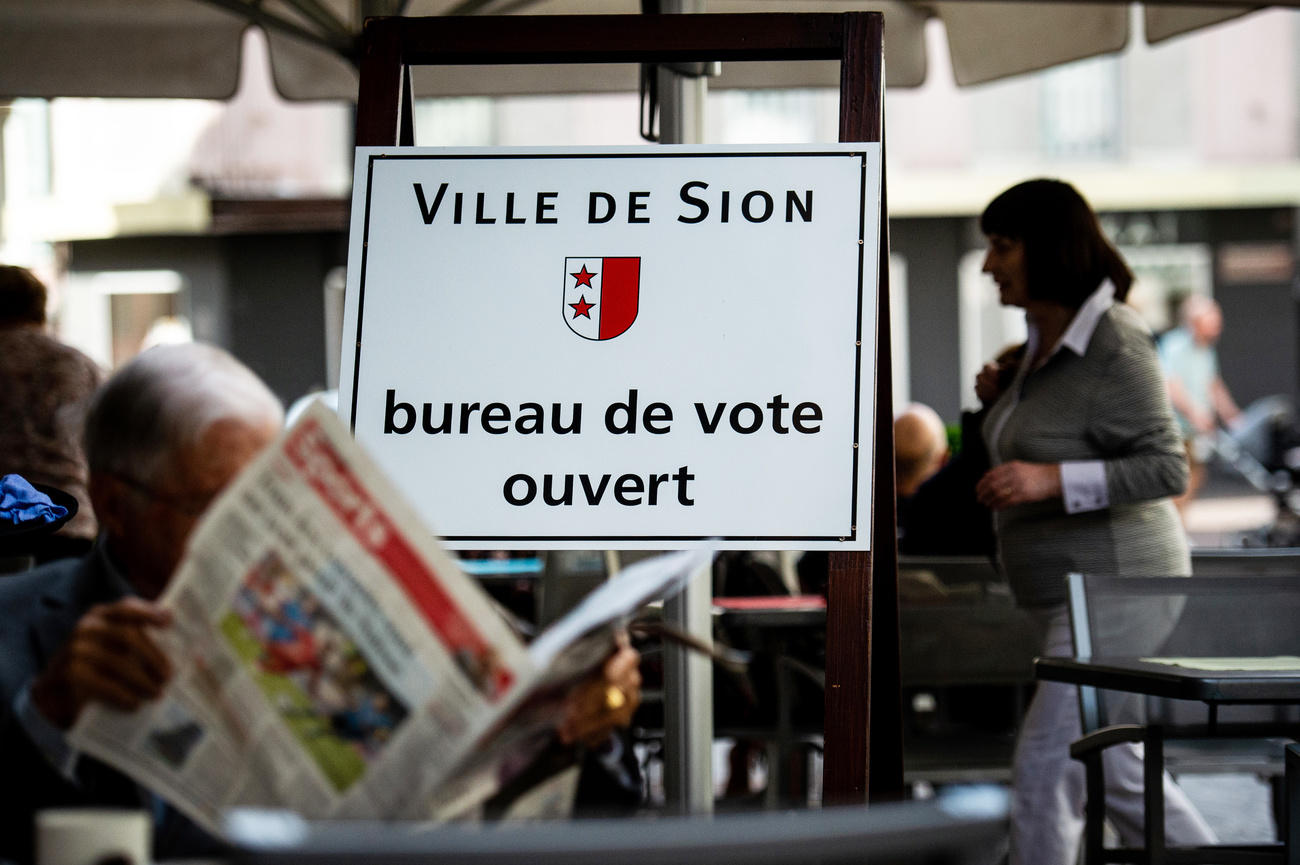
More
Swiss town tests citizen panel to help voters analyse information
The current citizens’ assembly in Uster was preceded by a similar event in Thalwil, another small town in canton Zurich. Two years ago, the Liberal Green Party started the ‘Thalwil Climate Summit’, which was supported by six other local parties ranging from the left-wing Greens to the right-wing Swiss People’s Party. The meeting, attended by 60 people, including 50 local residents, resulted in over 20 pages of climate recommendations. In Thalwil, people would also like to see more cyclists and a circular economy.
Strengthening climate protection
Talks with citizens may not generate any groundbreaking ideas, but the authorities can find out which measures have popular support, says Jessica Salminen, president of the local Liberal Green Party and one of the organisers of the Thawil initiative. “You can’t expect a huge direct impact on CO2 emissions, it’s more about raising awareness,” she says.
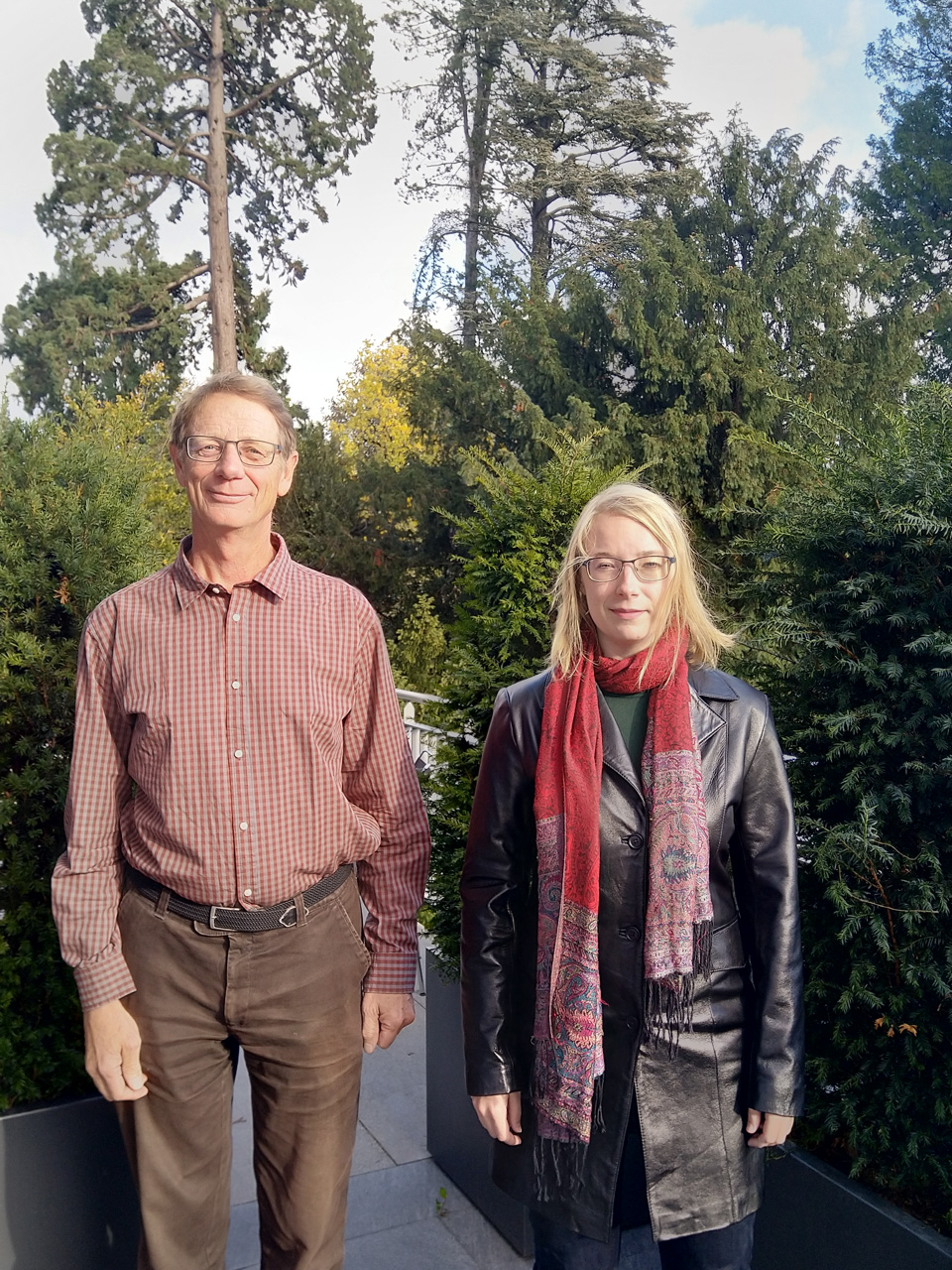
“The impulses help with later political implementation,” adds Jürg Stünzi, president of the Thalwil Greens. “It’s about involving the population and legitimising the measures implemented.”
As a retired scientist who often worked on sustainability issues, Stünzi knows that it can be difficult for non-experts to assess the usefulness of different measures. For example, one suggestion made two years ago was to improve the filtration of rainwater. “This is only feasible to a limited extent as our soils have little absorption capacity,” he said.
Another hurdle can arise if measures are not within the municipality’s scope of responsibility. Many aspects of mobility, for example, are decided by the cantonal authorities and the national government, says Salminen.
The Uster and Thalwil initiatives have nonetheless been forward-thinking ways of getting the population involved in addressing the climate crisis.
And more climate citizen assemblies are planned next year in canton Zurich. The 16,000 residents of Thalwil will be able to formulate their concerns again together with the 115,000 residents of Switzerland’s sixth-largest city, Winterthur.
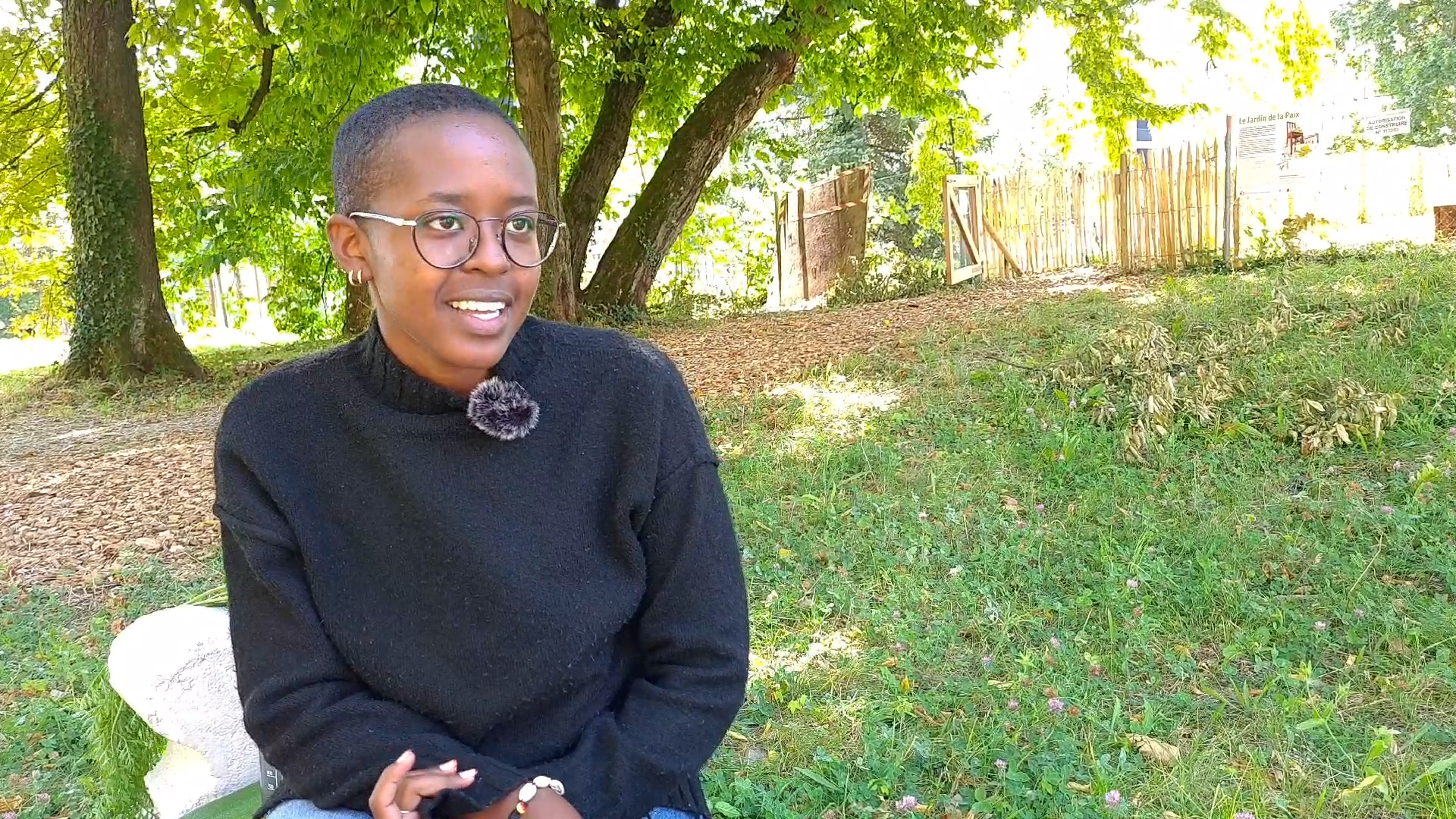
More
Geneva Internationals: Driving action to protect the environment

In compliance with the JTI standards
More: SWI swissinfo.ch certified by the Journalism Trust Initiative
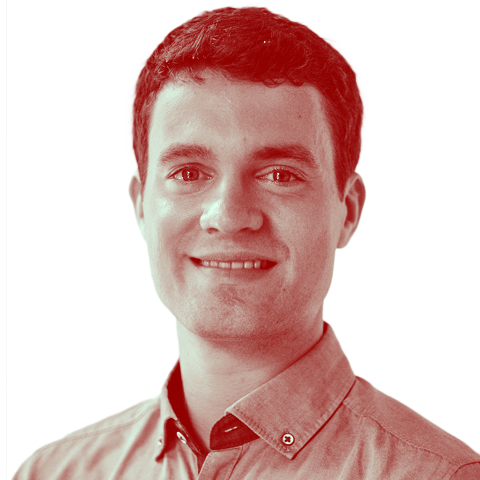
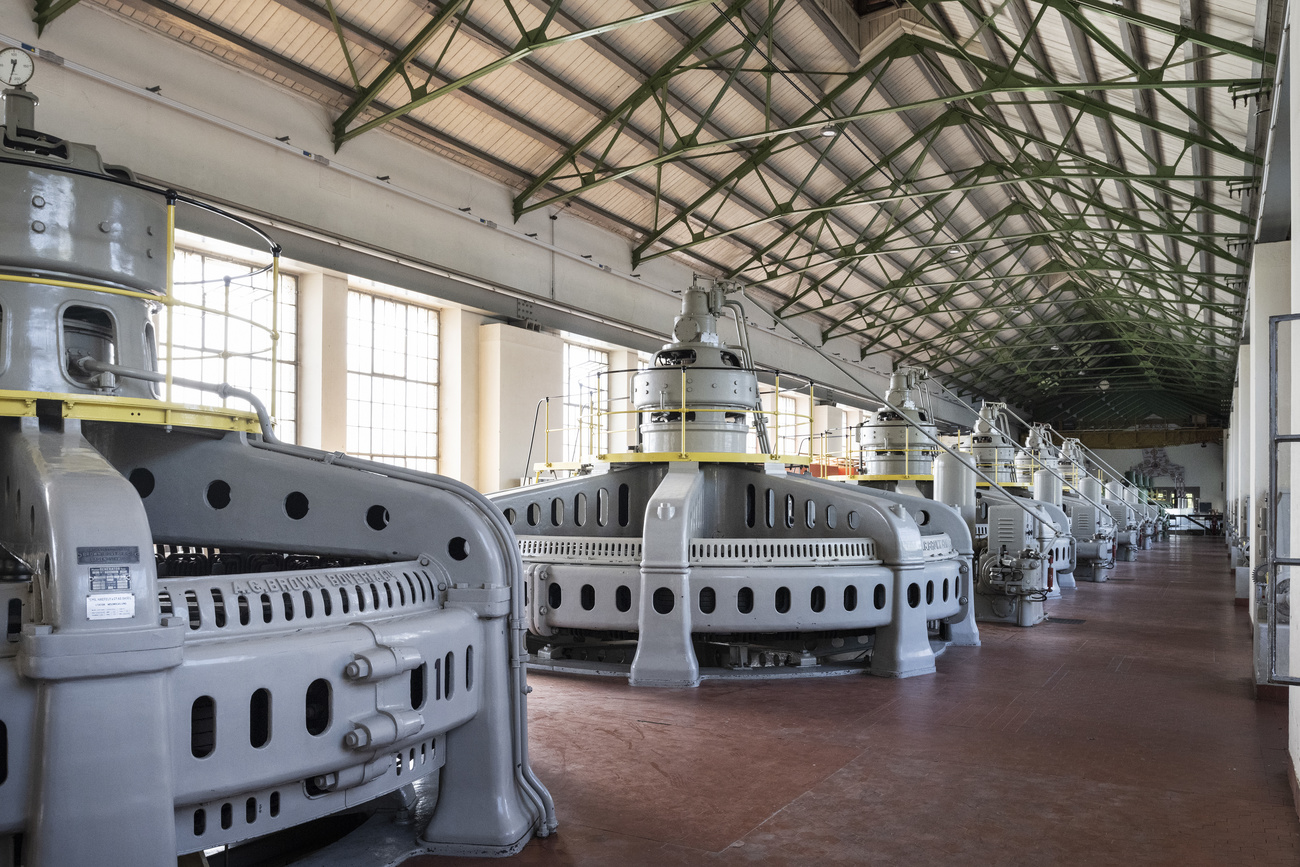

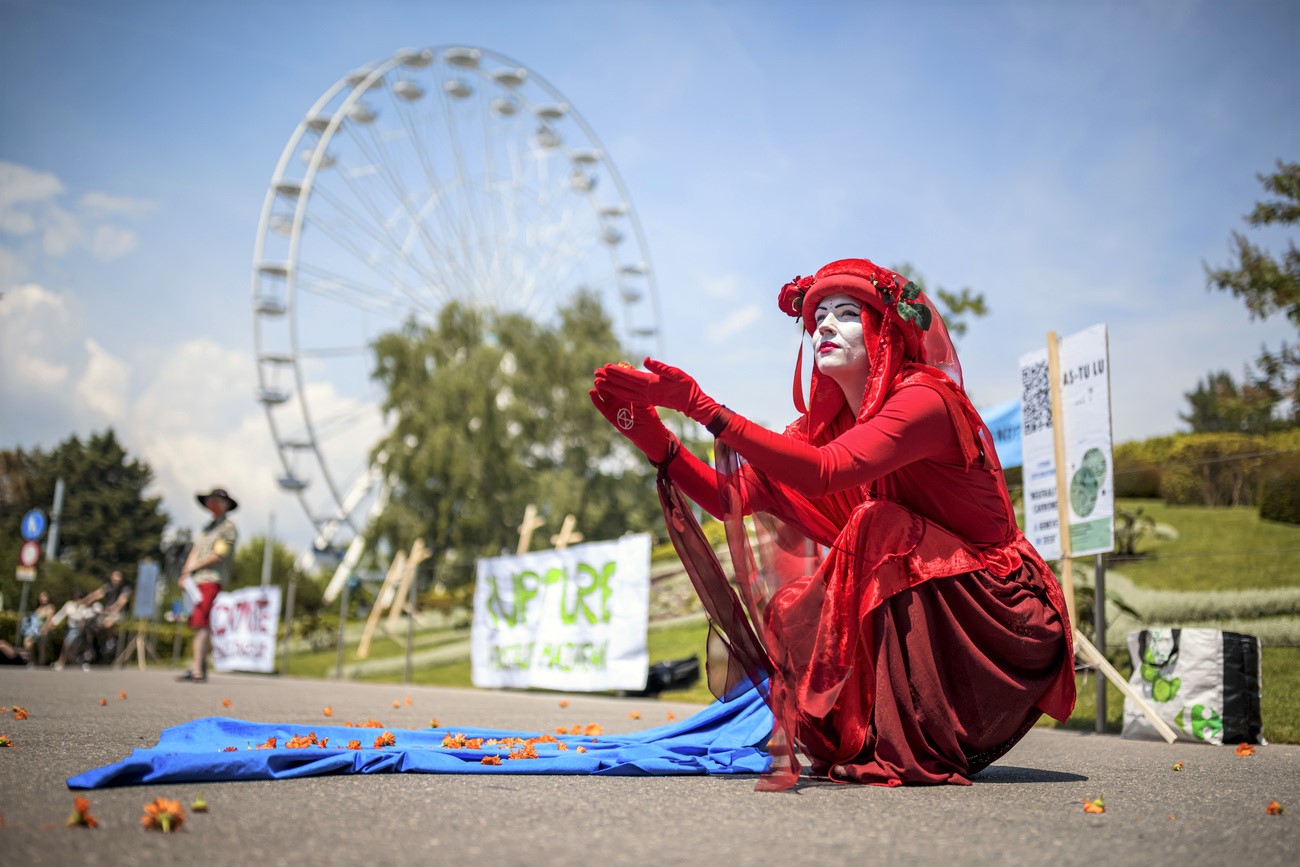


Join the conversation!